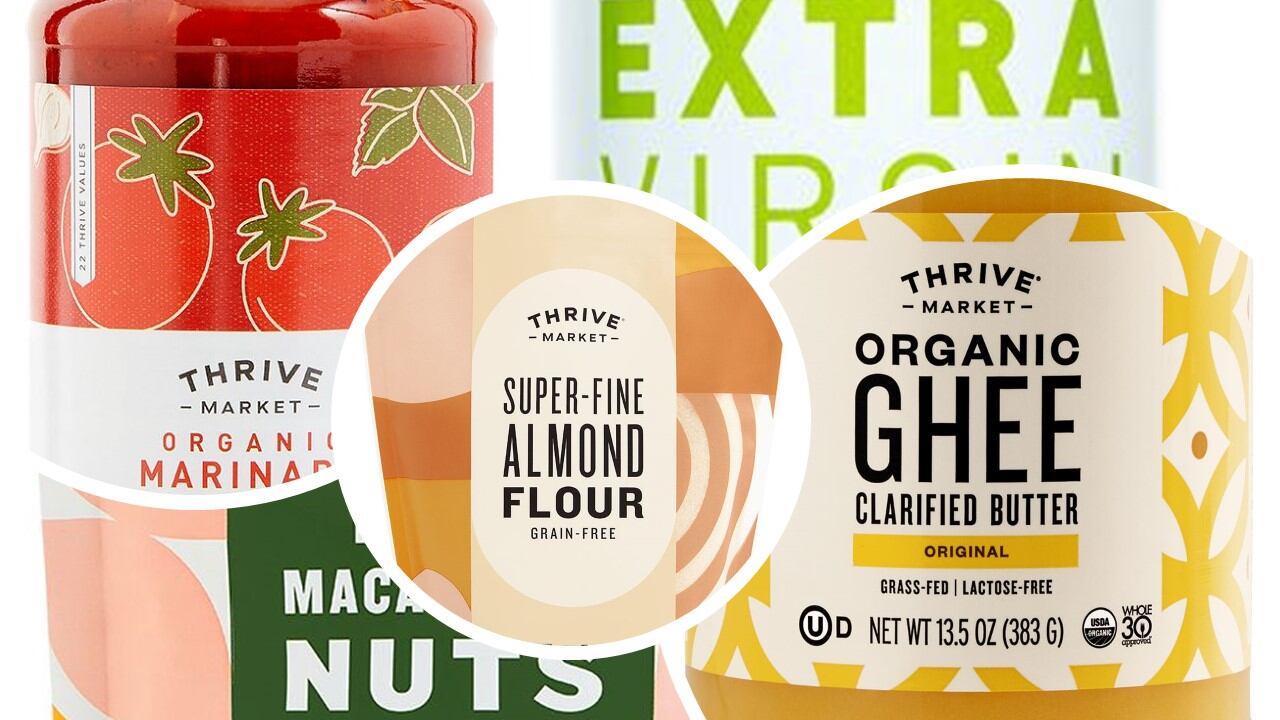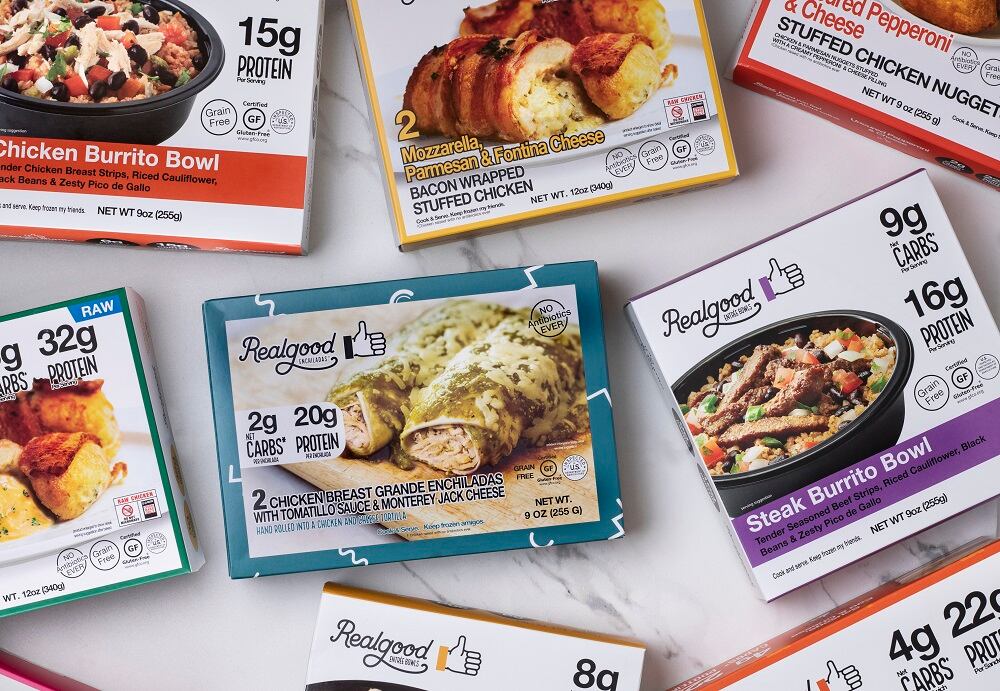Frozen foods sales hit $66.4bn for the 52-week period ending on Dec. 26, 2021, a 1% increase from the prior year, a comparatively drastic slowdown from the nearly 100% spike in frozen food sales seen in 2020 vs. 2019 when consumers were in the thick of stock-up behavior, according IRI sales data provided by AFFI in a recent report commissioned by frozen foods brand Saffron Road.
The swing in consumer shopping behavior resulted in a 19.4% increase in frozen foods spending per buyer, AFFI found.
And today, older millennial shoppers represent 48% of the core consumer audience, according to AFFI, and more than half have said that frozen food is equal to or better for you than fresh food.
For households in general, frozen food has become a top priority with 30% of shoppers increasing their freezer capacity since the onset of the pandemic, according to AFFI research.
Rediscovery of the frozen foods aisle
“A 94% surge in frozen foods came in mid-March 2020 for obvious pandemic-related reasons: convenience, shelf life, single-serving options and ease in preparation,” said Saffron Road Foods founder and CEO Adnan Durrani.
“But what consumers new to frozen entrées discovered was the evolution of frozen foods, the abundance of better-for-you options and the plethora of innovation and ethnic flavors, equating to sustainable category growth.”
The noticeable evolution of the frozen foods aisle, now stocked with global flavors inspired by dishes from India, South America, Vietnam, and the Mediterranean, caught the attention of older millennials (those approaching the age of 40).
"When launching Saffron Road more than 11 years ago, we studied the millennial generation and their future purchasing behavior. We speculated that as they got older, had kids, bought homes, that they would have a higher income than previous generations, stronger demand for natural foods, would be discerning about their food choices and as a result, would be willing to pay more for those premium quality, unique flavors and clean foods. That speculation couldn’t have been more prescient," said Durrani.
Instead of a freezer full of frozen pizza, microwaveable diet meal entrées, and ice cream, older millennial consumers shop the freezer aisle much like the rest of the store, selecting products with natural, organic, and high-quality ingredients with less conventional flavors, noted Durrani.
According to McKinsey’s 2020 report, in the last decade, more than 60% of growth in the $800 billion food and beverage industry has come from small brands.
"This is a profound change from a decade ago when large CPGs controlled and dominated shelf space and sales," said Durrani.
The future of the frozen foods aisle
As consumers continue to increase their purchases of frozen foods, retailers will need to react accordingly and expand their options.
More than half (57%) of shoppers are purchasing more frozen foods, 58% purchase different kinds of frozen foods, and 57% are purchasing different brands than they did pre-pandemic, according to AFFI.
"I hope that retailers will react opportunistically. They’ll need to expand their frozen space to accommodate demand in years to come. Savvy, forward-looking retailers will continue to look for new and emerging challenger brands that offer a diverse culinary selection of ethnic, premium and healthy freezer options," said Durrani.



